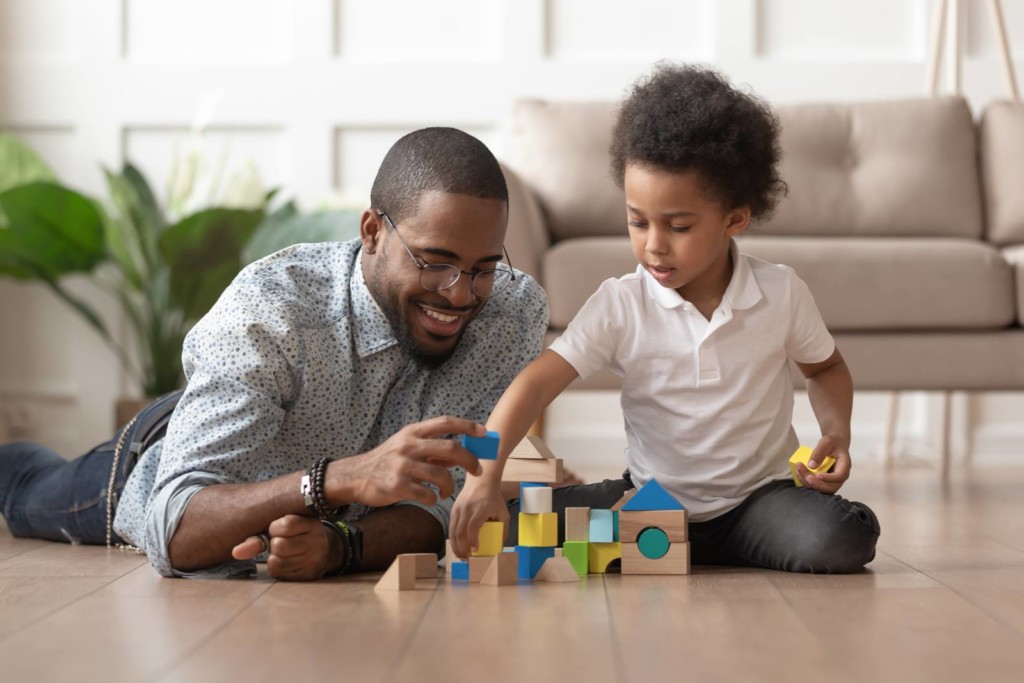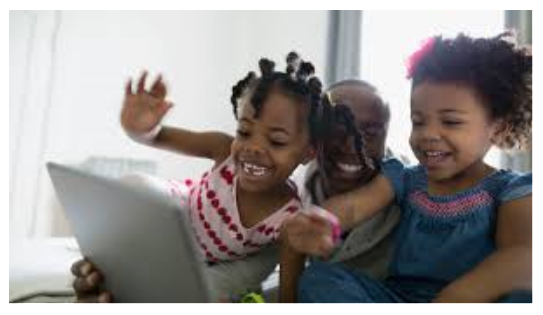Coping with the Stress of COVID-19

Young children often react to their environment. As a result, they might respond to the pandemic based on the response of parents and guardians. It is very likely that if parents and guardians react to COVID-19 with a calm and confident approach (even though it might be difficult to do so), children will also adopt to this approach. In addition, parents and guardians need to be better able to communicate and interact effectively with children during this period and about COVID-19.
Here are some behavioural changes in children that parents and guardians should look out for:
- Persistent crying and irritability in toddlers
- Persistent sadness
- Disrupted eating and sleep patterns
- Developed difficulty concentrating
- Avoiding online classes and schoolwork
How can YOU offer support?
- Take the time to talk to children in a language that they can understand, based on their age and level of development
- Respond to questions honestly and factually
- Provide reassurance and validate feelings
- Be mindful of their exposure to information – limit what they hear and see from multiple sources
- Develop and implement a routine that is as close as possible to their school routine; include learning activities and relaxation activities
Lastly…

Help them maintain connection with their peers and other family members.
A few minutes of video-chat with others can be really helpful (monitor the chat, if necessary).
Prepared by: Camille Campbell
Adapted from an article by the CDC: https://www.cdc.gov/coronavirus/2019-ncov/daily-life-coping/managing-stress-anxiety.html
Related Posts
Once a Spouse, Always a Parent (Part 2)
Age appropriate strategies to help your child cope with divorce or separation...
Children & Violence: How can we help? | Marie Reynolds
Children repeatedly exposed to violence, whether directly through community or...

